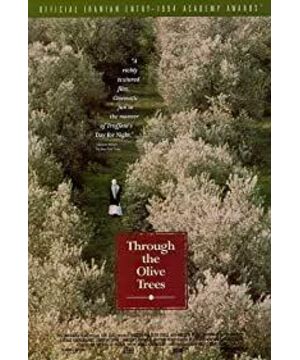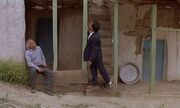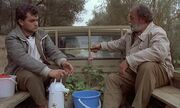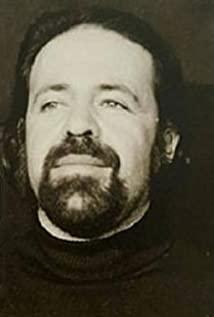The characteristics of Abbas in the Village Trilogy are too concentrated, and look back, not just asking friends’ homes, asking about the way to the location of the earthquake, and asking whether the lover agrees to the marriage proposal. The latter two even keep going back. In the previous movie, the film name and direct motive in Sheng Sheng Liu, and the shooting scene of Sheng Sheng Liu in the Olive Tree Lover directly reproduced the shooting scene of Sheng Sheng Liu. After watching the last one and re-checking the second one, it is clear that all the stories are fictitious. Like other movies, this is normal. However, the process of watching is still mixed with complex emotions. This is simply the most witty and moving part of Abbas. His movies blur the boundary between fiction and reality, making people feel The documentary reality and the rehearsal fiction have two experiences at the same time, producing a wonderful mixed emotion. Where are the names of my friend’s house and its former actors borrowed in the life cycle. These point to the reality of reality. There will be a feeling that the director is really looking for them and filmed the movie by the way, but to the olive tree. The lover seems to have responded that this is an illusion because the shooting scene inside pointed out that the children are also safe and sound (which undoubtedly brings comfort). The shooting scenes borrowed from the growth of the olive tree not only point to the actual film, but also directly point to the filming reality of that film, but these are also carefully arranged by the director. Here again he showed amazing ease in handling the real space and carefully arranged scenes. His films always carry a special magic in this way, "creating a fictional world built on real dilemmas and accurately transformed according to the director's conscious consciousness."
View more about Through the Olive Trees reviews








